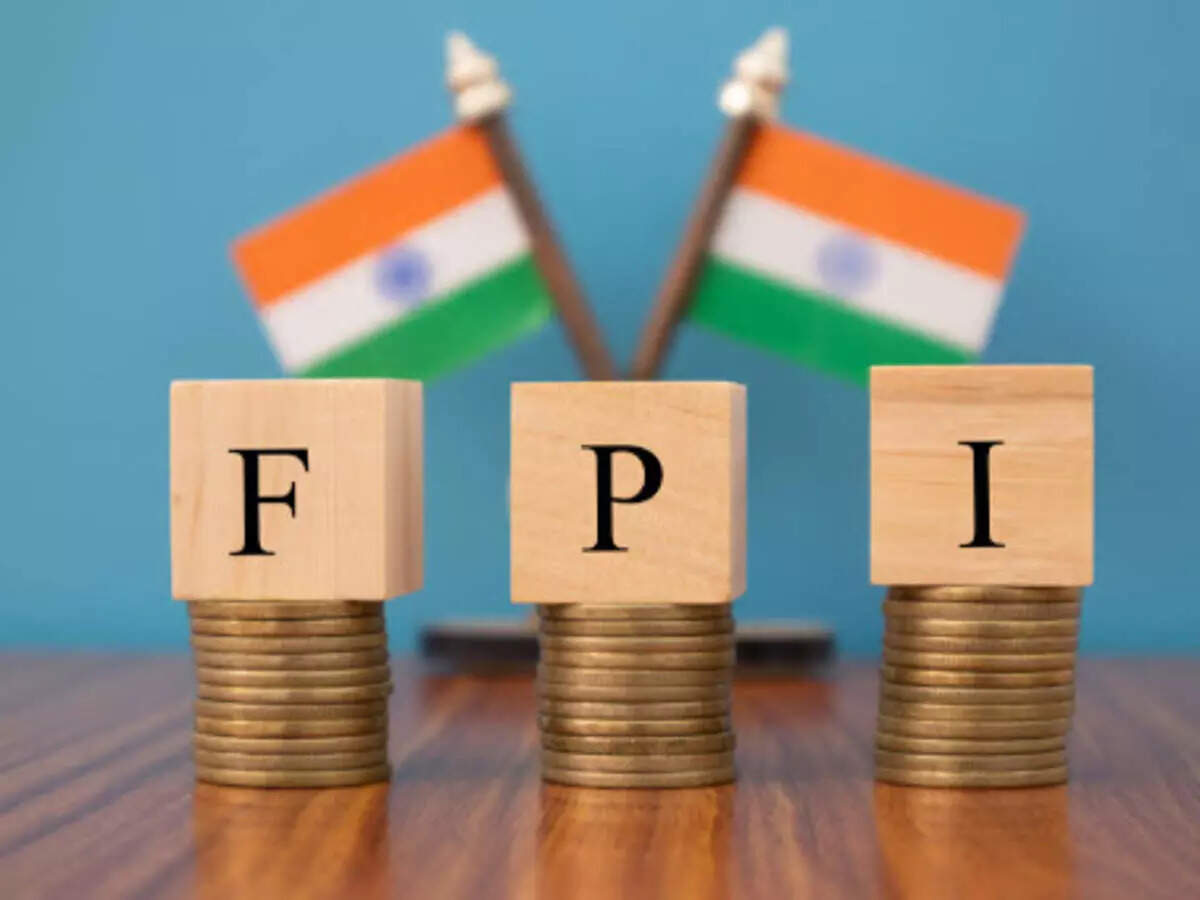
Over the last eight months, foreign portfolio investors (FPIs) have dumped Indian stocks at a pace comparable only with that of the Global Financial Crisis, with their net sales crossing the INR 2 lakh crore mark earlier this month.
There are several factors prompting overseas investors to exit Indian stock markets in droves. Stretched valuations, heightened inflation risks due to a surge in global commodity prices and the aggressive monetary tightening plans of the US Federal Reserve are among their key concerns.
Geojit Financial Services Chief Investment Strategist V.K. Vijayakumar, however, says that there are signs that the selling pressure by FPIs could abate somewhat going ahead.
“NSDL data shows FPI equity selling of INR 44,346 crore in May, up to 27th. However, FPIs had invested INR 5,208 crore in the primary market. FPIs have also sold the debt to the tune of INR 2306 crore in May so far. This is the eighth continuous month of selling in equity by FPIs,” Vijayakumar said.
“Recently, there are signs of selling exhaustion by FPIs, and DII and retail buying are emerging as a strong counter to FPI selling. At higher levels, FPIs may continue to sell.”
Indeed, domestic investors, led to some extent by aggressive retail participation, have stepped in and absorbed much of the heavy selling pressure by foreign investors over the past few months.
So far in 2022, the Sensex has given up only 6 per cent, even as FPIs have offloaded a mind-boggling INR 1.7 lakh crore worth of equities over the same period, according to the latest NSDL data. In earlier instances of such selling pressure from FPIs, stock markets have suffered much larger declines, analysts said.
In the first quarter of the current calendar year, while FIIs sold around $15 billion worth of stocks, domestic investors picked up equities worth around $13.7 billion over the same period, SBI Mutual Fund said in a recent report.
According to the fund house, the buying interest evinced by local players was encouraging and pointed to a structural broadening of the participation base for Indian equities.
“If globally, markets are stable, FPI selling will be easily absorbed by DII plus retail buying,” Vijayakumar said.
Over the last couple of years, retail participation in India’s stock markets has grown leaps and bounds as more and more investors have opted for higher returns from equities amid a regime of record low interest rates.
In March, the BSE said that its registered investor accounts have hit the 10 crore mark. It took 91 days for the accounts to hit 10 crores from 9 crores, recording the second-fastest growth, the exchange said.
In its Annual Report for 2021-22, released on Friday, the Reserve Bank of India too highlighted the increase in the direct participation of retail investors in equities, pointing out that 3.46 crore demat accounts had been opened in the year as against 1.42 crore the previous year.
“During 2021-22, on an average, 28.8 lakh demat accounts were opened every month, which is higher than 11.8 lakh per month in the previous year and 4.2 lakh demat accounts per month in 2019-20,” the RBI said in the report.
Retail investors have also been pumping money into equity markets through mutual funds, with systematic investment plans gaining significant traction, the central bank said.
Equity-oriented schemes witnessed the net mobilisation of INR 1,54,094 crore in 2021-22 as against net redemption of INR 39,327 crore in the previous year, the RBI’s report said.